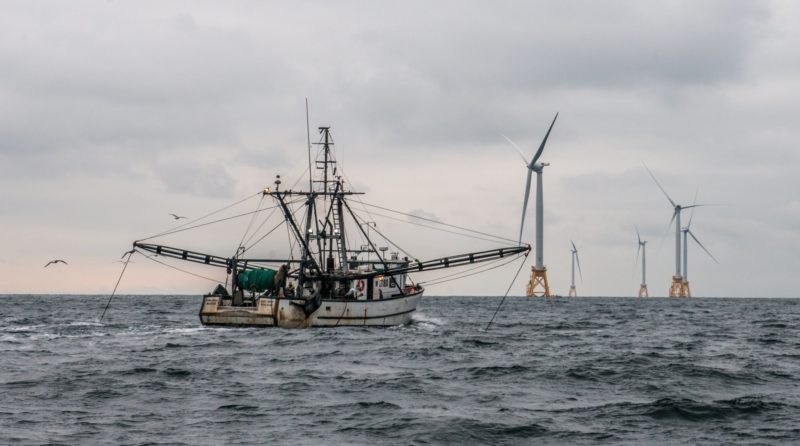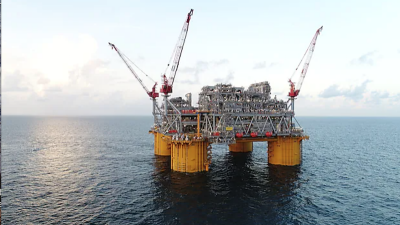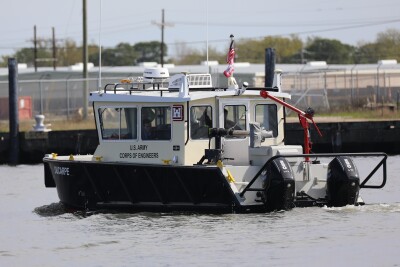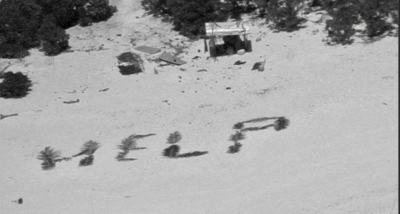Federal energy and ocean officials signed a formal agreement with commercial fishing advocates to work together on planning for offshore wind energy development.
It is a milestone for the East Coast fishing industry, which is pressing hard to have more influence over how the federal Bureau of Ocean Energy Management is overseeing private wind power developers.
The 10-year memorandum of understanding between BOEM, the National Oceanic and Atmospheric Administration, and the Responsible Offshore Development Alliance aims to bring “local and regional fishing interests together with federal regulators to collaborate on the science and process of offshore wind energy development on the Atlantic Outer Continental Shelf,” according to a joint statement released Tuesday.
BOEM officials stressed domestic energy production is critical to the nation’s economy and security and that potential offshore wind energy is “located close to major coastal load centers, providing an alternative to long-distance transmission or development of electricity generation in these land-constrained regions.”
The statement also recognizes the fishing industry’s centuries-old place in the region’s economy and culture, and fisheries’ ongoing economic role in the seafood and recreational industries.
"Any development on the Outer Continental Shelf must consider how these activities can affect current ocean users and the marine environment," said BOEM Acting Director Walter Cruickshank. "That is why working with federal, state, and local agencies, fishing communities, and the public is such an essential part of our renewable energy program. We look forward to working with NOAA and RODA through early and constant communication to ensure that the most recent information is available to decision makers."
"With wind energy developing in the New England/Mid-Atlantic region, this collaboration comes at a crucial time," said Chris Oliver, assistant administrator for NOAA Fisheries, who signed the agreement along with Cruickshank. "This memorandum of understanding will help achieve NOAA Fisheries’ strategic national goal of maximizing fishing opportunities while supporting responsible resource development."
Some of NOAA’s own rank and file fisheries biologists have been among marine scientists expressing concern over the need for more research into how large-scale construction of wind turbines at sea might affect regional fisheries and ecosystems. The agency recently expressed formal concerns over aspects of Vineyard Wind’s proposed wind farm development off Massachusetts.
RODA, a coalition of fishing industry associations and fishing companies, grew out of the sea scallop fleet’s concern that they could be shut out of their longtime shellfishing grounds by wind power development. Under terms of the memo RODA will now work with NOAA Fisheries and BOEM to “compile, develop, and deliver the best available scientific products and information necessary to address offshore development, fisheries management, and ecosystem health.”
"The fishing industry has expressed its concern about the potential impacts of rapid large-scale wind energy development to coastal communities and sustainable fishing practices," said Annie Hawkins, executive director of RODA. “This agreement paves a way forward for fishing communities to give meaningful input to federal regulators in determining the future of our ocean resources.”
“This unified approach will help ensure the best possible science and information is used to inform offshore energy development planning, siting, and operations,” said Dr. Jon Hare, science and research director for the Northeast Fisheries Science Center. “Tapping into the expertise and the knowledge of the fishing industry is essential to this process.”
The agreement outlines four broad areas of mutual interest, including the planning and siting of turbine arrays, developing those sites, and working with fishing interests. The agencies and industry are to work together on engaging local and regional fishing interests in the offshore wind development process; identifying the most effective ways to bring fishing industry expertise and information into planning and development processes; and developing a collaborative regional research and monitoring framework to ensure decisions are based on the best available science.





